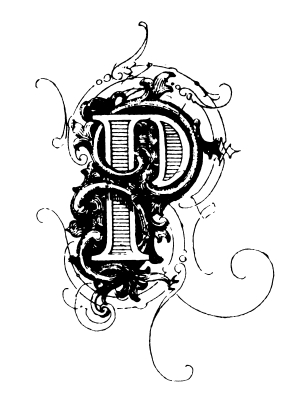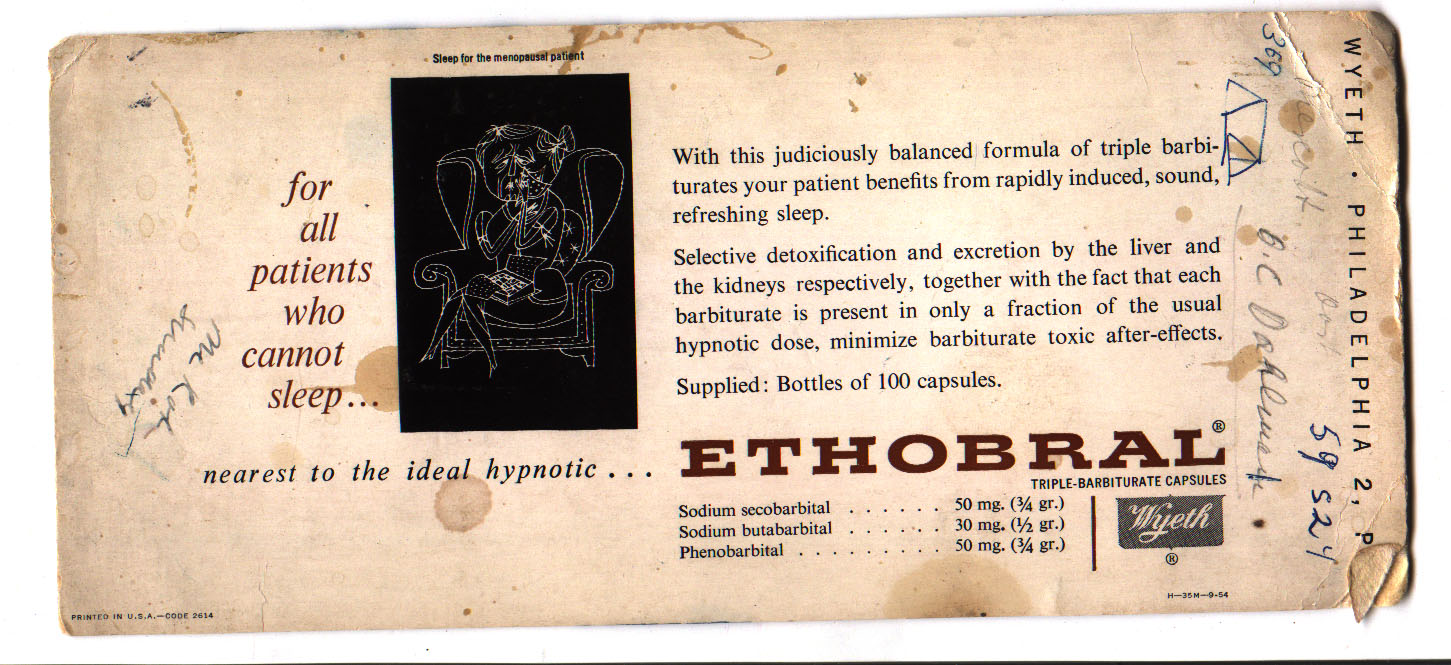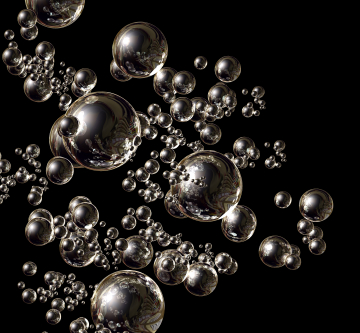Got life? How about another cup of joe?
 Have you seen the headlines? Yup, that’s right! That morning caffeine fix might just be the ticket to a longer life, at least according to a new study published in the New England Journal of Medicine this week. Mind you, whether or not daily consumption of coffee directly causes a longer life or simply associated with it has yet to be determined. But this is truly the type of news that all of us can use, right?!
Have you seen the headlines? Yup, that’s right! That morning caffeine fix might just be the ticket to a longer life, at least according to a new study published in the New England Journal of Medicine this week. Mind you, whether or not daily consumption of coffee directly causes a longer life or simply associated with it has yet to be determined. But this is truly the type of news that all of us can use, right?!
In this study, researchers from the National Cancer Institute examined data compiled from over 220,00 men and 173,000 women who participated in a larger diet and health study. They analyzed intake of a broad variety of foods ranging from fruits and vegetables to meat and other source of saturated fat, and coffee consumption was assessed terms of frequency, i.e. 0 to 6 or more cups daily.
Although coffee is rich in antioxidants, its consumption has been linked with increases in cholesterol and blood pressure levels. And, in this particular pool of individuals, coffee drinkers were likelier than nondrinkers to smoke cigarettes, have more than three drinks (alcoholic) a day and eat more red meat.
And yet, after adjusting for all of these confounders — in particular smoking — researchers found that drinking coffee actually appeared to prolong life. In fact, men who drank 6 or more cups a day had a 10% lower risk of dying and women who drank this much had a 15% lower risk of dying compared to non-coffee drinkers. Even better? It didn’t appear to matter whether or not the coffee was caffeinated or decaffeinated.
The researchers say that their findings add evidence to other data that show inverse associations between coffee drinking and risk of diabetes, stroke and death from inflammatory diseases. Importantly, they caution that even though smokers appeared to gain the same benefits as nonsmokers, lowered risk from dying appeared to be the strongest amongst participants who never smoked or had stopped smoking.
So, should you start drinking more coffee than ever? Well, this study is an observational study and one that relied on self-reports. Therefore cause and effect is inconclusive. However, in this extremely large pool of men and women, drinking coffee more frequently appeared to confer a moderate degree of protection from dying of heart and respiratory disease, stroke, injuries, accidents and infections. Of course, more coffee may mean less sleep and more jitters, depending on your constitution and the degree of caffeine. Regardless, it appears that more is less when it comes to dying.
Got life? Have another cup!
Read MoreWednesday Bubble: Fifty is the new…
Bet you were going to say 30, right? Or 25?!
According to a recently published paper in the journal Advances in Life Course Research, the definition of midlife (and 50) isn’t as cut and dry as you may have thought. However, the findings likely won’t surprise you; gender plays a huge role in perception. And women? They don’t like to believe that they’ve reached the milestone…yet.
The researchers, who harken from Florida State University’s Pepper Institute on Aging say that most ‘life course’ studies pay little attention to subjective factors that affect our perceptions, such as how young or how old we feel, financial stability or health. So, they looked at longitudinal data that was compiled during two time periods: 1995-1996 and 2004-2006 and evaluated it on the basis of age in years (aka chronological age), gender, race, socioeconomic status and age identity (how old or young survey participants felt). Then they took a deeper dive and analyzed education levels, income, physical and mental health, and marriage status and parenthood status (biological or adopted children and adult children status).
The findings are pretty interesting:
- Our conception of the timing of life change with age and shift as our lives and our perceptions shifts. BUT…women and older individuals tend to elongate life and postpone the middle age time marker.
- Men believe that midlife starts as much as three years earlier for women; this is consistent with the societal perception that when it comes to aging there is a double standard. Women, on the other hand, tend to postpone their idealization of middle age — at least for their female peers — as long as two years.
- If you feel old, you tend to believe that life is shorter (and that middle age occurs earlier). And if you are young? Middle age starts a heck of a lot earlier than older adults believe it does.
- Finances and poverty tends to shorten life. And shorten life perceptions.
- If you are in poor health, began your family at a very young age, are divorced or living without parents? You are likelier than individuals who don’t fit into these categories to think of your life as shorter. And as middle age occurring a hell of a lot earlier.
It all sounds very clinical, doesn’t it? But the key take away is that life is not necessarily a straight and narrow path. And more importantly? As women, we are often viewed as middle aged perhaps before we are prepared to view ourselves there. Mostly? If you/we feel young, more power to you/us. Those life bookends all depend on you. Associate Professor Anne Barrett and a key researcher in this study believes that the majority of people believe that middle age begins at 44 and ends at 60.
It’s what you make it. And to heck with that individual next to you who is believes that fifty is not the new…[fill in the blank]. But truly? Fifty is the new fifty. And what you make of it. I’m about to turn 51 in less than a week. Look out world; I am really only me and that me feels pretty darn young on some days.
Read More
Give me a P!
P, as in “progesterone.”
I get a lot of questions on Flashfree about progesterone and whether or not it’s use is as dangerous as estrogen and combined hormone replacement. I have stayed away from the subject for some time now because the evidence has been pretty scarce, at least as far as natural progesterone goes.
Fortunately, a new review has appeared that provides a comfort level for a brief discussion. But is all progesterone alike? A good place to start, right?
Progesterone is a reproductive hormone produced after ovulation and during pregnancy; it is also produced by the nervous system and adrenal glands. It occurs naturally. Progestins are synthetic and manufactured outside the body and work differently depending on their structure. Progestins are often combined with estrogen therapy.
Although experts know that levels of progesterone decline as a woman transitions to menopause, the relation between this decrease and symptoms has not been well understood, thereby limiting practitioner’s — at least those who specialize in Western therapy — ability to make decisions regarding its use in ameliorating symptoms.
Following is what researchers learned by scouring the literature:
- In most cases, progesterone is prescribed as an oral pill ranging from less than 20 mg daily to more than 200 mg daily, or as a patch that delivers more than 50 mg daily. It is also available as a topical cream (the most reliable standardized formulation is manufactured by Emerita (Pro-Gest).
- High dose, oral progesterone and patch forms appear to provide the greatest benefits for lessening hot flashes.
- How well women respond to progesterone patches appear to be related to how severe their symptoms are; those women with the worst symptoms appear to gain the most benefit.
- Use of progesterone may help reduce bone loss, although more studies are needed.
- Use of topical progesterone may possibly help reduce the effects of aging on the skin by increasing elasticity.
- The oral forms have also been shown to hell women whose sleep is disrupted by increasing time spent asleep.
- Most importantly, low dose progesterone treatment, including oral agents, does not appear to increase heart disease risk. Even better? There is some indication that when combined with estrogen, progesterone may counteract negative effects int terms of breast cancer risk. Progesterone formulations also appear to be well tolerated, will only minimal side effects associated with their use.
The key take-away is the natural progestogens (progesterone) appear to safely alleviate many of the most troubling menopausal symptoms. The rub here is that the evidence for this be fit comes from small studies. Still, it is refreshing to learn that there are safe hormonal options for women who desire that route.
Read MoreI put a spell on you?
Any regular reader of this blog knows that I love vintage advertising, namely because it’s so medically and politically inappropriate for today’s times.
I stumbled across this doosie in my weekly research:
Barbituates – they’re not for the 60s any longer. In fact, even Wyeth Pharma got ‘down’ on this triple barb combination first produced in 1936 and taken off the market in 1996. That’s sixty years of drug haze-induced. hypnotic sleep, including Marilyn Monroe’s. But I digress.
Ethobral was also used for menopausal women in dire need of a few ‘zzzs – check out the small copy above the graphic:
Sleep for the menopausal patient.
I put a spell on you? Indeed. A spell called Ethobral. I wonder how many women were hooked on these baby barbs in the 1930s, ’40s and ’50s!
Read MoreWednesday Bubble: Cool is the new black
What are the odds that I would run across yet another cooling product? Seriously, it’s like a flash went off in someone’s brain that every menopausal woman in the United States needed to solve her issues through cooling. Mind you, I do believe that thermoregulation is an interesting strategy to combat the body’s out of whack thermometer. But when does the menopausosphere reach its saturation point?
Evidently, not yet.
This week, I bring you the Polar Pillow, guaranteed to “calm, cool and soothe you into the best sleep of your life” (as well as soothe hot flashes and night sweats).
This nifty 12+ pound pillow contains cooling gel infused with micro air beads and according to the manufacturer, works on its own by absorbing coolness from the air and then releasing it upon contact. The ‘science’ behind the Polar Pillow is an abstract presented at the Associated Professional Sleep Society 2011 meeting. In this study, researchers asked 12 people with insomnia to wear a cap that contained circulating water at cooling and varied temperatures. With the cap on, study participants with sleep issues took an average of 13 minutes to fall asleep (compared to 16 minutes for the healthy comparators) and they slept for about 89% of the time that they were in bed. Theoretically, the benefits are related to the fact that the brain (namely the frontal lobe) remains too hot to sleep and by cooling it down, one can turn down processes that keep the brain active and alert.
So, where do the night sweats and flashes come in?
They don’t.
At least not in the small pilot research that was conducted thus far.
However, rather than asking you to take my cynical word on the Polar Pillow, I decided to ask my friend Richard Laermer (who I inadvertently learned has used the pillow) to weigh in. And while Richard told me that he likes it because he’s a “hot” sleeper and it does cool him, he said that “it’s ugly and it seems to smell sometimes,” adding that it’s not him since he’s “fairly clean!” But here’s the rub:
” There are really really rough pointy edges that almost blinded my partner,” said Richard. “Go figure. Meanwhile, I wouldn’t recommend it…we can do better for a hundred bucks.” (Richard received it as a gift.)
So, let’s see:
- It’s ugly
- It smells
- It has really rough pointy edges making its utility in bed dangerous for one’s partner
And while it may cool the average hot sleeper, it has not actually been shown to help menopausal women. (Clearly, Richard is neither a women or menopausal.) And, despite being the target hot sleeper, Richard still wouldn’t recommend the Polar Pillow.
My take away?
Thermal is in. Cool is the new black. Enough said.
Read More










